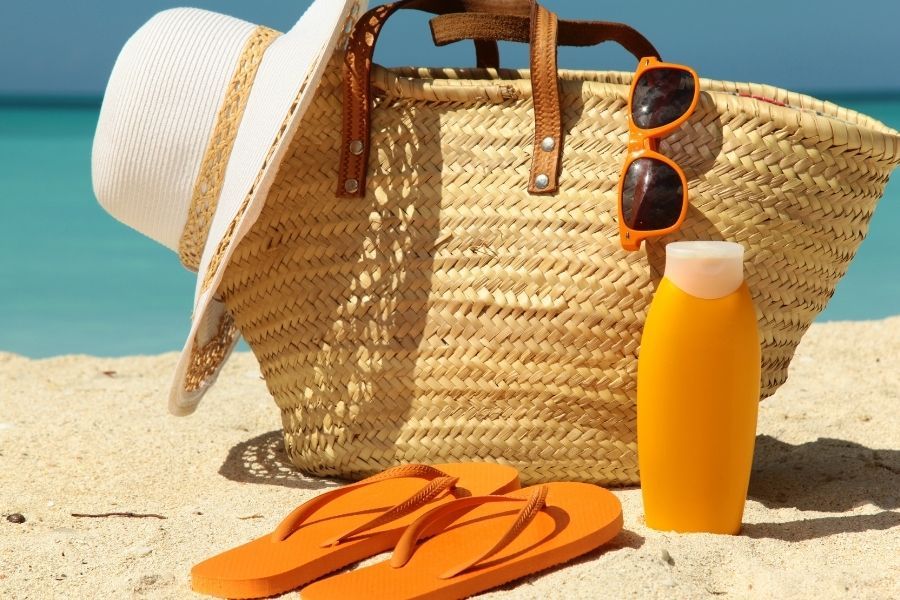
1. Higher Sun Protection Factor (SPF) offers better protection.
SPF is a measure of how well a sunblock will protect the skin from ultraviolet B (UVB) rays, the type of radiation that causes sunburn and can contribute to the risk for skin cancer. Although higher SPF values do offer better protection against UVB, UVB protection alone is insufficient.
Protection against ultraviolet A (UVA), the type of radiation that is associated with skin aging, is important too! Choose a broad spectrum sunblock that protects against both UVA and UVB rays and with a SPF of at least 30.
Remember to apply sunblock at least half an hour before going outdoors and you should reapply sunblock every two hours, even for those with high SPF levels.
2. Makeup with built-in SPF is as effective as sunblock.
Cosmetic products with built-in SPF may not provide sufficient sun protection, unless used in large amount. Thus, they should not be used alone and should be used together with a sunblock. Furthermore, other exposed parts of the body such as the neck, hands and legs should be protected as well. When outdoors, reapply sunblock every two hours for effective protection.
3. Sunblock is not necessary on a cloudy day.
This is not always true.
Up to 80% of the sun’s ultraviolet (UV) rays pass through clouds. UVA rays are able to pass through clouds or window glass to reach your skin. Hence, it is important to apply sunblock regardless of the weather.
4. Sunblock will prevent the body from absorbing vitamin D.
Your skin makes vitamin D easily when exposed to UV rays. Sunblock blocks UVB rays and this can lower the body's vitamin D production. However, some studies have shown that the use of sunblock does not cause vitamin D defiency. Furthermore, we can obtain vitamin D from food sources such as tuna, salmon, cheese and egg yolk.
5. Sunblock causes health problems.
Most sunblock have been tested to be safe and are not absorbed by the body. Although rare skin allergies and temporary stinging sensations have been reported, daily use of sunblock is unlikely to cause harm for most people.
6. People with dark skin do not need sunblock.
Regardless of skin tone, everyone is at risk of UV rays exposure. People with dark skin have more melanin, the pigment that gives us our skin colour. If you have a lighter skin tone, you have less melanin and are more likely to get sunburn, premature aging of the skin and skin cancer from too much sun exposure. However, people who have darker skin tones can still get sunburn from too much sun exposure and will need to apply sunblock.
7. Tanning beds are safer than sunlight.
Tanning beds expose you to UV radiation as well and increase your risk of skin cancer. The amount of radiation produced is similar to, or stronger than, the radiation from sunlight.
Updated Oct 2023
.png)



















































